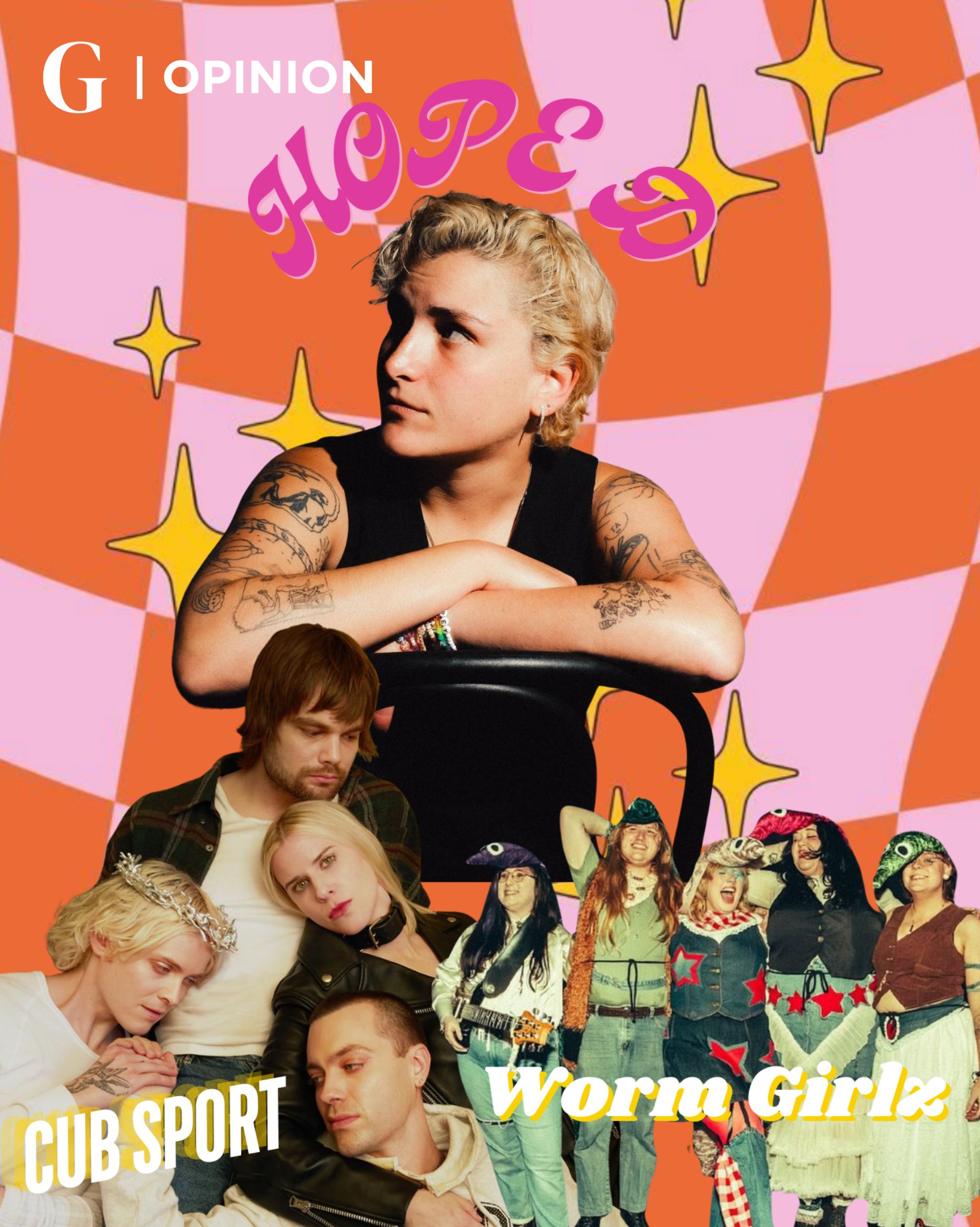By Editor Janice Jones
(Follow Lit Salon’s Instagram @qutlitsalon)
At the QUT Botanic bar on a chilly evening, I didn’t expect to be hauled, heart and mind, into others’ lives, nor to walk away feeling I’d experienced something very special. Others felt the same. There was fierce applause. Nods of recognition. Hugs for some readers. Nine authors at QUT Literary Salon focused on ‘Restrictions’ in their lives: two pieces were heart-stoppingly powerful. Others made us laugh (for the right reasons) and delight in the dark gothic/Steampunk vibe.
If you imagined a ‘literary salon’ as something out of Dangerous Liaisons (everyone in frills and lace – poison behind the smiles?), nah. Think students playing pool, cool music, and mates being brave and sharing their writing. People listening. Grins, applause, clicking of fingers (meaning ‘we hear you’) easy acceptance and beginning friendships. Plus – editor help if you want it!
But I’m in Nursing, Technology, Accountancy, Sports Science…cool. You’re welcome. Many regular writers/readers are in disciplines other than Creative Writing. Welcome. Just submit your work via Instagram or FB @qutlitsalon.
Tell us about ‘Restrictions’ – anything good?
Oh yes. Duncan Butcher and Mitchell Gant plunge us into a tense Gothic world of towers, courtyards and power. They wrote the story one strand at a time, hiding the content, and passing it to one another. It worked guys! Falin, (aka ‘The Carver’) uses pain and sacrifice to generate magic, but he’s not all bad: this is how he can hear the voice of his beloved daughter, sadly lost. The result? Edgy, dark, and given an eerie extra layer by muffled laughter and sounds of strikes from the pool bar.
Body-modification gains the second sensitivity alert of the evening. We’re not talking false eyelashes here, but no-one plugs their ears or leaves the room. In Joshua Hansard’s space-gothic world, Cain (good name) seeks unspeakable power and to create new life. Reluctantly, a surgeon replaces a layer of Cain’s lower arm with a steampunk sheath of copper. It glimmers as blood pulses along his strengthened glass veins. Dark magic at its finest. Lashings of guilt and fear to come. Yay!
Felipe Brenny uses fantasy to “escape the apartments that block the clouds”: non-human characters “never have to worry about company profits.” As he reads, Felipe reveals a furred creature imprisoned in a dungeon by his own kin, tormented and bargaining for a moment of freedom. The trade? His tongue is branded and then coated in silver, making him an image of the bard: the poetic storyteller or seer. Felipe suggests that imprisonment is the price we pay for ‘daring to speak’. A runesmith now, with power in that silver tongue, an imprisoned poet is freed.
Moving on (and off the stage), Janice Jones takes her poem Hear me now – A prayer to the room. Her poem challenges our duty and obedience; first as kids, then adults – and finally as elderly and frail beings. Where is freedom? Something nasty is coming your way… “lean and wired, desperate to score/ Sneaky skinny girl crawling round the back/mantis claw pale in the night/Sucking on a pipe/ Stink of cats and crack.” And in your pocket, you grip the Swiss Army knife you were given as a child.
Tori Brown confronts us, first by challenging the ‘tough Aussie’ trope. Her stoicism (despite years of psychological and physical pain) has been crushed by the realisation that every aspect of her future is at risk. Nature’s merciless talent for bodily modification includes, in Tori’s case: Spinal Curvature. The room is captured, gulping down the proximity, the nuances of a life in unremitting pain. No amount of positivity, love, or willpower will fix this. It hits us hard after the Urban or Gothic Fantasy. There will be no magic release for Tori, no copper arm, or swift transformation. Yet though she is imprisoned in a “weird iron maiden of a medical device” she holds hope: the tormenting restriction of Tori’s present means she may one day be able to walk and play with her grandchildren. A long wait. Medicine, magic, prayer. Hope and courage.
What if the beauty, strength, and joy in our lives depended upon the genetic code of a single cell, and a flaw in that code could leave body and soul like a city under siege? In Luke Basile’s poem Have you Ever…? (read for us by Josephine Renee), questions build a sense of the body and soul like a city under siege. Damage flows like a river of pain along the nerves, undermines the walls of the body, smashes into organic structures, creating pain, conflict and guilt. Luke’s poem reveals a spirit almost undermined yet challenging the need to ‘seem right’ for parents, for the workplace, and for the world. His questions are a call for recognition. I am human: allow me to be. Luke’s questions remind us that our body carries the code of its own undoing. We hear you, Luke.
Riley Bampton understands mental imprisonment. In his creative non-fiction piece Obsessive Compulsive, Riley creates increasingly complex rituals to avoid monstrous terrors even before leaving the security of home. He shares how his early experience at university plunged him into a disastrous GHB drug experience: paranoia destroying his ability to function. Spiralling, uncontrolled, Riley’s increasing terror shatters him. He is treated by one therapist after another. Riley’s story immerses listeners, so we share his terrors and loss of control. Like Tori, he is honest, holding little back. It is gritty, moving, courageous and full of hope for recovery in an uncertain world.
Raging against the tenuousness of life: “the hard road…is where I have set up my home. It is who I am” Francesca Testa performs her poetry with ferocity and defiance. She loves the challenge of working in the fast-moving world of technology, “I like the crush, the rush of the deadline/I like the way it awakens in me, a sense of purpose”. Rebelling against tropes that cast the abandoned lover as forlorn, Francesca lifted our hearts with her rejection of that vulnerability. She “feeds on challenges” even rejoicing at the “you shaped” absence in her life: that space brings opportunity.
Concluding the evening, Eli Spencer takes us into a landscape of hard and glittering surfaces: a world where technology-controlled lenses record every human action and emotion, and ‘The Authority’ bars all social contact. He creates a filmic landscape full of three-dimensional movement, but where humans are reduced to the size of toys. As the main characters’ eyes connect over a book, Whispers of Rebellion. It is clear their love is a red flower, giving life in that cold city. It also suggests that trouble is ahead for both.
After the enthusiastic applause, and generous thanks to performers and audience from Jo, Rhys, Kacy and the team who brought the night together, I walk through the botanic gardens, an oasis for birds and bats below skyscraper lights. A young family films possums, delighted. Lovers hold hands under a Moreton Bay Fig tree, and I feel the importance of touch, and togetherness in human lives. The train home is full of people: most sitting alone. May we find love. Silence sits hand in hand with each one of us. Our freedom is a blessing. Guard it jealously.
QUT Lit Salon has been busy with Vena Cava Productions for the Freshblood Festival in August, as well as running a writing workshop during QUT Orientation and a school workshop this month.
Our next Lit Salon is open for entries now: ‘Scandalous’ Submissions CLOSE 19th of August. Our Scandalous Salon will be held on the 29th of August, 5pm, at QUT The Grove Bar. Enter now at: https://linktr.ee/qutliterarysalon
QUT Lit Salon welcomes student writings from EVERY discipline – this year’s writers include students from nursing, technology, economics, business and the arts. Welcome – come and share your work.
Dr Janice K Jones is in her final year of the BFA Creative Writing. An editor at the QUT Literary Salon she is a writer performer who has published works in the arts and research in education.












